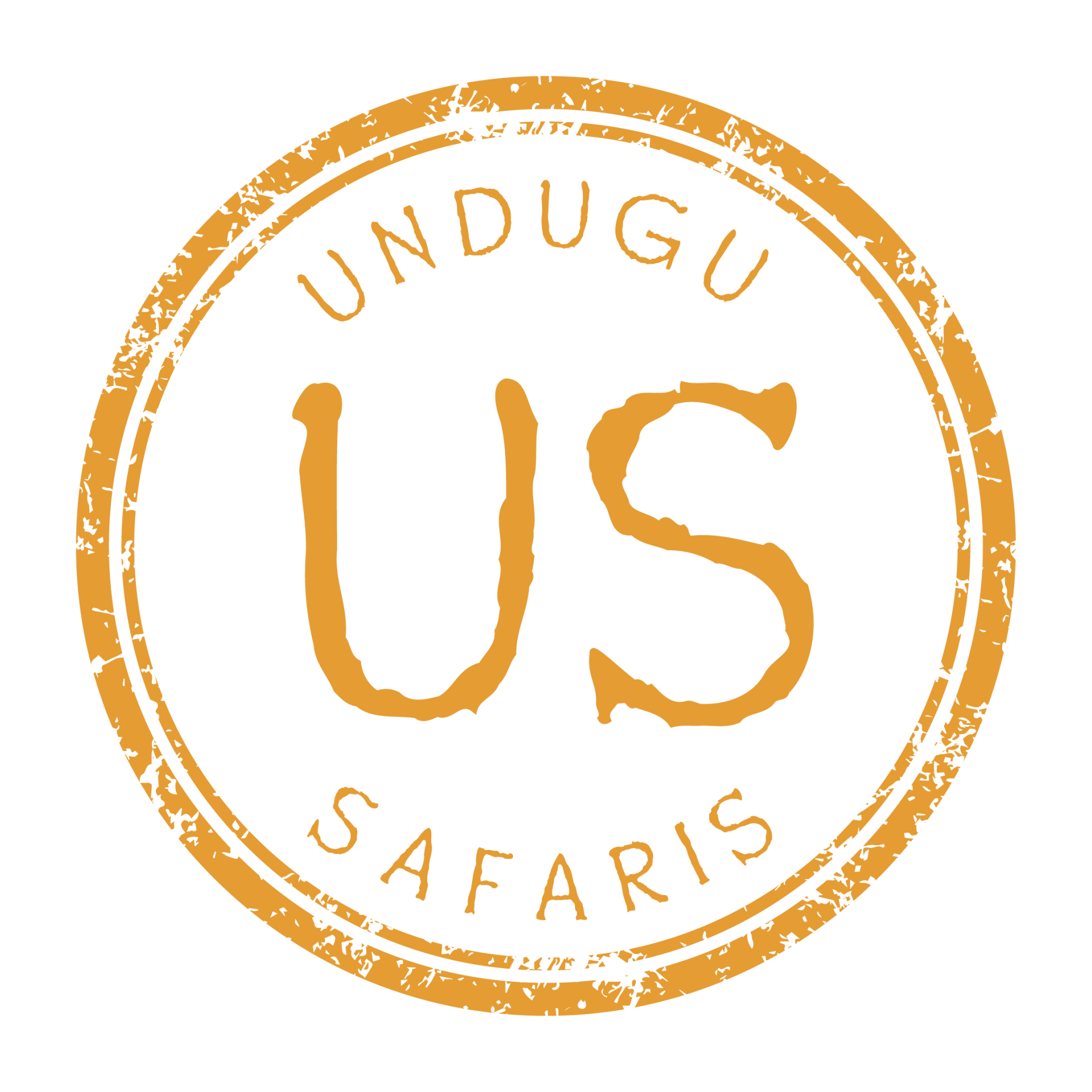Guest Information
Karibu sana, we've created this info list in order to help YOU prepare for YOUR safari with US! In this step by step guide we will help YOU prepare by listing out things to know / gear to pack / tips on travel and all necessary information you need to know before you begin your journey to Tanzania.
Step by Step Guide:
1. Booking your flights
Depending on your experience level, either book your flights through a trusted travel agent or direct from the airlines in case your flight scheduled needs to be adjusted while traveling. These two forms of booking are the best way to travel abroad.
Best ports of entry for your Tanzanian Safari:
- JRO - Kilimanjaro International Airport - International Flights for Northern Circuit Safaris
- ARK - Arusha Regional Airport - Domestic Flights
- Kenya / Tanzania Namanga Border - Land Arrival
- ZNZ - Zanzibar International Airport - Zanzibar
- DAR - Julius Nyerere International Airport - Southern + Eastern Circuit Safaris
2. Visas / Vaccinaitons / Medications
- A valid passport and entry visa (USD 50 - 100 per person – we recommend getting an e-visa in advance in order to avoid long delays at the airport). When filling out the e-visa, please use refer to our contact information.
- Information on which eVisa to apply for depending on which country YOU are from.
- https://visa.immigration.go.tz/guidelines
- For information on recommended vaccinations, please refer to the following website:
- http://wwwnc.cdc.gov/travel/destinations/traveler/none/tanzania
- YOUR passport should not have less than 6 months left of validity upon arrival. Please be sure to keep your passports up to date before arrival.
- Please consult your local Doctor / Physician before traveling to see which medications if necessecary, you should bring with you while traveling.
3. Packing
Luggage Guidelines
• Domestic flights: 15 kg/33 lbs luggage limit per person.
• Safari vehicles: No weight limit, but pack light due to frequent unpacking.
• Leave excess luggage at your hotel in Arusha if starting/ending the trip there.
Essentials
• Hat, sunglasses, and comfortable shoes.
• Small day pack: Carry a lightweight jacket, camera, binoculars, guidebooks, sunblock, passport, and money.
Clothing
• Long-sleeved lightweight shirts (sun protection).
• Sweater/jacket and pants (cool mornings/evenings).
• Sun hat and bathing suit.
• Socks, sandals, tennis shoes/lightweight hiking shoes.
• Lightweight pants (sun/insect protection) and shorts.
• Avoid dark blue/black (attract tsetse flies); wear earthy tones.
Personal Items
• Sunblock (SPF 30+), toiletries, and bug repellent.
• Hand wipes, eye drops, face mask (for dust).
• Prescription/OTC medications (e.g., ibuprofen).
Electronics
• Camera (extra memory cards, batteries; zoom/long lenses recommended).
• Power bank, flashlight/headlamp.
• Binoculars (vehicle shares one).
• Locks for luggage (TSA recommended).
Money and Souvenirs
• US cash, ATM card (Visa/MasterCard with a 4-digit PIN).
• Money belt/fanny pack for security.
• Plan space and funds for shopping in Arusha or on safari.
Mindset
• Pack a sense of humor and adventure!
• Stay flexible; unexpected events (e.g., weather, wildlife, flat tires) are part of the experience.
Pro Tip
Stone Town in Zanzibar requires conservative dressing. Keep this in mind when packing!
Enjoy your adventure in Tanzania! 🌍🐘
4. Travel Tips
Key Travel Tips from Undugu Safaris
1. Pack Smart
• Refer to the provided packing list to avoid overpacking or missing essentials.
• Be mindful of your destination’s climate, cultural norms, and activity requirements.
2. Adhere to Local Rules and Regulations
• Research and respect the local laws and customs of the countries you’ll visit.
• Ensure you have all the necessary travel documents, including visas and vaccination certificates.
3. Navigate Airports Efficiently
• Use Google Maps or download airport-specific apps for terminal maps and facilities.
• Look for airport help desks if you need assistance.
• Plan layovers wisely, accounting for potential security checks and gate changes.
4. Electrical Adapters and Charging
• Tanzania and many other countries use 220V outlets. Confirm the voltage requirements for your devices.
• Carry a universal travel adapter, as it ensures compatibility with different outlet types.
5. Prepare for Your Flight
• Economy seating can be tight, so consider bringing an inflatable neck pillow for better comfort.
• Pack small personal items like an eye mask or earplugs for long-haul flights.
6. Overcome Language Barriers
• A translator device or apps like Google Translate can help bridge communication gaps.
• Download offline language packs for areas with limited internet access.
Additional Travel Suggestions:
• Stay Hydrated: Air travel can be dehydrating; carry a reusable water bottle and fill it after passing security.
• Snacks and Essentials: Bring light snacks, hand sanitizers, and travel-sized toiletries in your carry-on.
• Travel Insurance: Ensure you have comprehensive travel insurance for peace of mind.
5. Communication / Internet Connection in Tanzania
Connectivity and Internet Information for Safari Travelers:
• Service Coverage: Mobile network coverage is limited in many areas. Vodacom, Airtel, and Tigo networks work in some regions, while Halotel coverage is rare.
• WhatsApp or Similar Apps: It is recommended to download WhatsApp or a similar messaging app that requires only an internet connection to stay in touch with loved ones.
• Wi-Fi Availability: Some safari lodges and camps offer public internet connections/Wi-Fi. However, please note:
• Wi-Fi might not be available in your room.
• Connection speeds may be slow.
• Uploading large files or streaming videos is not advised.
• Undugu Safaris Hotspot: Undugu Safaris provides a hotspot on all safaris to enhance internet connections, but please understand that a reliable signal cannot be guaranteed throughout the safari.
6. Culture + Community
Cultural Etiquette for Travelers in Tanzania:
• Respect: Treat every individual with respect. Tanzanians are generally conservative and polite, so please refrain from any suggestive or sexual comments or behavior.
• Photography: Always ask permission before taking photos, as certain tribes may not want to be photographed.
• Avoid Giving Gifts to Children: Please do not give candy, pens, money, or other items to children. Doing so can encourage begging and disrupt their schooling.
• Donations and Volunteering: If you wish to donate or volunteer, please contact us for more information on how to do so properly.
• Post-Trip Evaluation: After your trip, we will send you an evaluation form via email. Please fill it out and return it to us. Your feedback helps us improve our services and rewards our employees.
• Dress Code: In towns, it’s important to wear conservative clothing. This typically means covering your shoulders and knees.
7. Game Drive / Land Cruiser
Safari Game Drive Schedule:
• Suggested Game Drive Times:
• Morning: Between 6:30 AM and 11:00 AM
• Afternoon: Between 3:00 PM and 6:00 PM
These are suggested times, and you can arrange your game drives directly with your guide.
• Park Gates: The park gates are open from 6:00 AM to 6:00 PM.
• Park Entrance Fees: Park fees are paid in 24-hour increments. Therefore, the driver will enter and exit parks at set times to adhere to this schedule.
Undugu Safaris Vehicle Amenities:
• Vehicles: Undugu Safaris uses Land Cruisers for all safaris. These vehicles are equipped with:
• Expandable roof opening for game viewing. The roof is usually closed when traveling between parks.
• Outlets for charging electronics—ask your driver to switch it on when needed.
• Items Provided in Vehicles:
• Inverter for 110V or 220V electricity.
• Binoculars for better game viewing.
• Guide Books to enhance your knowledge of the wildlife and environment.
• Mini Refrigerator for keeping your beverages and snacks cold.
• Basic First Aid Kit for emergencies (please note, prescription medications are not included).
8. Road Conditions / Washrooms
All roads within the national parks are unpaved and vary in quality, so be prepared for a rough ride in some areas. Buffs or bandanas can be helpful for reducing dust inhalation. While distances between locations may seem short on a map, travel times can be longer due to low speed limits and road conditions.
Restrooms are limited inside the parks, so it’s best to use the facilities at park gates and campsites. Your guides will instruct you on using the “facili-trees” between campsites to minimize your environmental impact. It’s also recommended to always carry a small supply of toilet paper or wet wipes
9. Shopping
You will have plenty of opportunities to purchase souvenirs during your safari, in Arusha, and on Zanzibar. Bargaining is common at local markets, so be prepared. When buying Tanzanite, ensure you purchase from authorized dealers and request a certificate of authenticity.

